Buying an above-ground pool online can create stress and anxiety. In addition to pricing and quality, most people want to know how long do above-ground pools last? Sometimes, knowing how long a product typically lasts can persuade or deter you from making a purchase. Plus, as a consumer, you want to feel confident that the money you are spending is worth the investment.
In this article, we explain how long above-ground pools last and provide ways to extend your pool’s life.
How Long Do Above Ground Pool Last?
On average, most above-ground pools last between 7 and 15 years. Though, keep in mind, the longevity of an above-ground pool depends on several different factors. Some factors include the quality of the initial install, how you have maintained your pool equipment, if you have balanced your pool water properly, and kept an eye on routine maintenance.
We’ve seen pools that were well taken care of that have last more than twenty years.
Extending The Life Of Your Above Ground Pool
1. Replace Your Liner Before You Have To
Your pool liner is extremely important to the overall health of your pool. In fact, the quality and condition of your pool liner can dictate how long your aboveground pool lasts. On average, a typical pool liner lasts between 5 and 10 years. That means, at some point, you will need to replace your liner before your pool.
The pool liner has the important job of securing your pool water in place. A small hole or tear in your liner can lead to leaks, rust, and if left untreated, can cause your pool to collapse. If you’ve had your liner for more than five years, we recommend performing a thorough inspection. You want to check the pool’s bottom, sides, and any returns or jets. You can use vinyl patches to cover any small holes and tears you might find. However, in most cases, it’s probably best to replace your liner.
In many cases, pool owners only discover how rusty the inside of their pool walls is when replacing their liner. Depending on the severity of the rust, you may need to sand it down and spray a corrosion eliminator.
LEARN HOW TO REPLACE YOUR ABOVE GROUND POOL LINER
2. Immediately Replace Broken Parts
Another way to prolong the life of your aboveground pool is to replace broken parts as soon as possible. In most cases, top rails and top caps endure the most damage due to normal wear and tear. To preserve them, pool manufacturers recommend not jumping or sitting on these parts
Although aluminum pool walls do not rust as fast as steel walls, they are still prone to corrosion. Steel walls tend to rust towards the bottom where it comes into contact with the soil. Not to mention, the water that splashes out of your pool while jumping in and climbing out of the pool. An excess of splash water could end up in the corners and cracks of your pool parts and speed up the corrosion process
3. Maintain Proper Balance Of Your Pool Water
Did you know that one of the leading causes of liner failure is poor water chemistry? Not to mention, poor water chemistry can also lead to equipment failure. In fact, you could also lose your warranty coverage.
Poor water chemistry will certainly void your warranty. You can avoid equipment and liner failure by monitoring your water levels and balancing when necessary.
If you don’t already own an at-home testing kit, we recommend getting one. A reliable testing kit can save you the trouble of driving to a local pool store.
4. Properly Open And Close Your Pool
Closing your pool the correct way protects your pool equipment from water damage and it also makes it easier to open it again in the spring.
The easiest way to stay proactive is to purchase a Spring Start-Up Kit before the swimming season begins. The kit comes with all of the chemicals you need to get rid of algae, bacteria, and other contaminants in your pool.
Don’t Forget…
Above-ground pools were not intended to last as long as in-ground pools are. However, that does not mean they cannot last for a very long time. To preserve your pool’s health and overall longevity, be proactive when it comes to repairs and replacements. Pay close attention to holes, cracks, and deterioration in your pool’s foundation and liner.




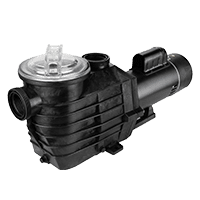
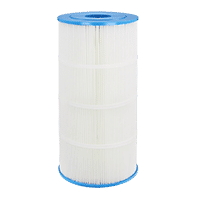
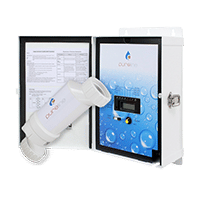
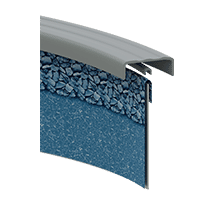

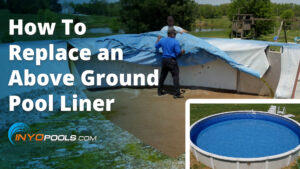

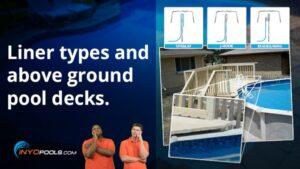
Leave a Reply